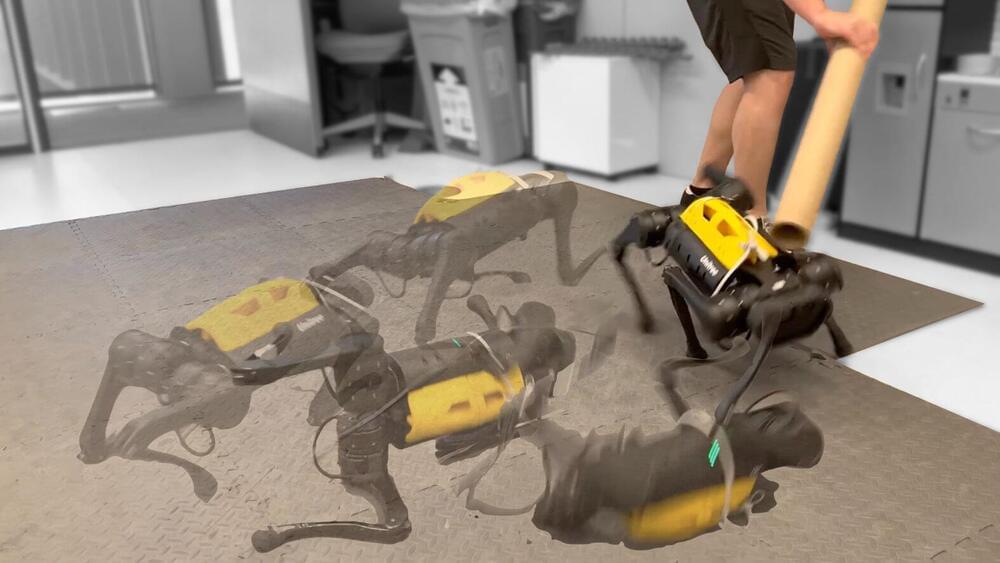Training robots to complete tasks in the real-world can be a very time-consuming process, which involves building a fast and efficient simulator, performing numerous trials on it, and then transferring the behaviors learned during these trials to the real world. In many cases, however, the performance achieved in simulations does not match the one attained in the real-world, due to unpredictable changes in the environment or task.
Researchers at the University of California, Berkeley (UC Berkeley) have recently developed DayDreamer, a tool that could be used to train robots to complete real-world tasks more effectively. Their approach, introduced in a paper pre-published on arXiv, is based on learning models of the world that allow robots to predict the outcomes of their movements and actions, reducing the need for extensive trial and error training in the real-world.
“We wanted to build robots that continuously learn directly in the real world, without having to create a simulation environment,” Danijar Hafner, one of the researchers who carried out the study, told TechXplore. “We had only learned world models of video games before, so it was super exciting to see that the same algorithm allows robots to quickly learn in the real world, too!”
